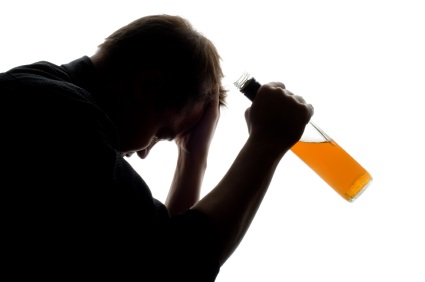The study found a 'stop mechanism' that determined brain signals telling the individual to stop drinking water when no longer thirsty, and the brain effects of drinking more water than required.

Researcher Professor Derek Denton from the Faculty of Medicine, Dentistry and Health Sciences at the University of Melbourne said the study provided insight into the human instincts that determine survival behaviour and are also of medical importance.
"Different areas of the brain involved in emotional decision-making were activated when people drank water after becoming thirsty and when study participants followed instructions to keep drinking when no longer thirsty."
"The brain regions determining the signals to stop drinking have not previously been recognised in this context. It identifies an important component in regulation and this 'stop mechanism' may prevent complications from excessive water intake," he said.
Overdrinking can reduce the salt concentration of the blood that can result in the swelling of the brain, a potentially fatal condition. Also known as polydipsia, it has been found in some patients with schizophrenia and in some marathon runners.
Professor Denton believes the findings could be applied to other aspects of human gratification.
"This is a study of elements of gratification and how the body programs accurate behaviour. In revealing aspects of gratification control, the data are relevant to study the gratification of other instincts, such as food intake, salt intake and sexual behaviour," he said.
The study used magnetic resonance imaging to scan two physiological conditions of the brain, starting with scanning brain regions during the experience of thirst. Participants were then removed from the scanner and asked to drink to satiation or 'overdrink' and returned for further scanning.